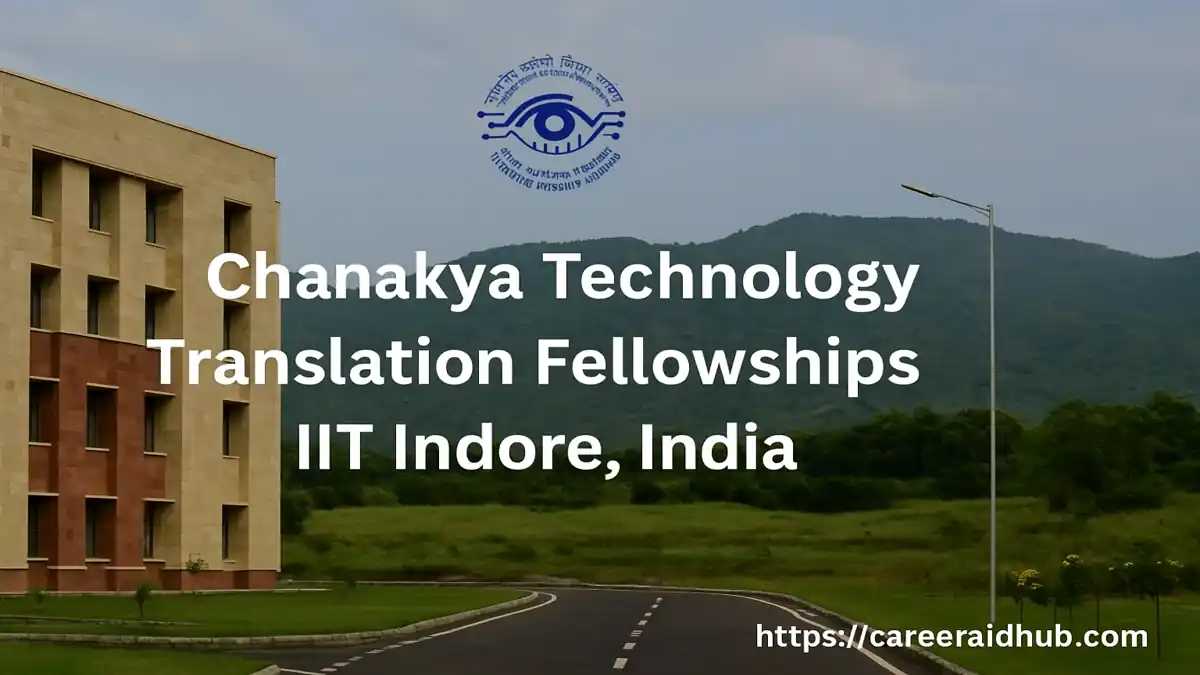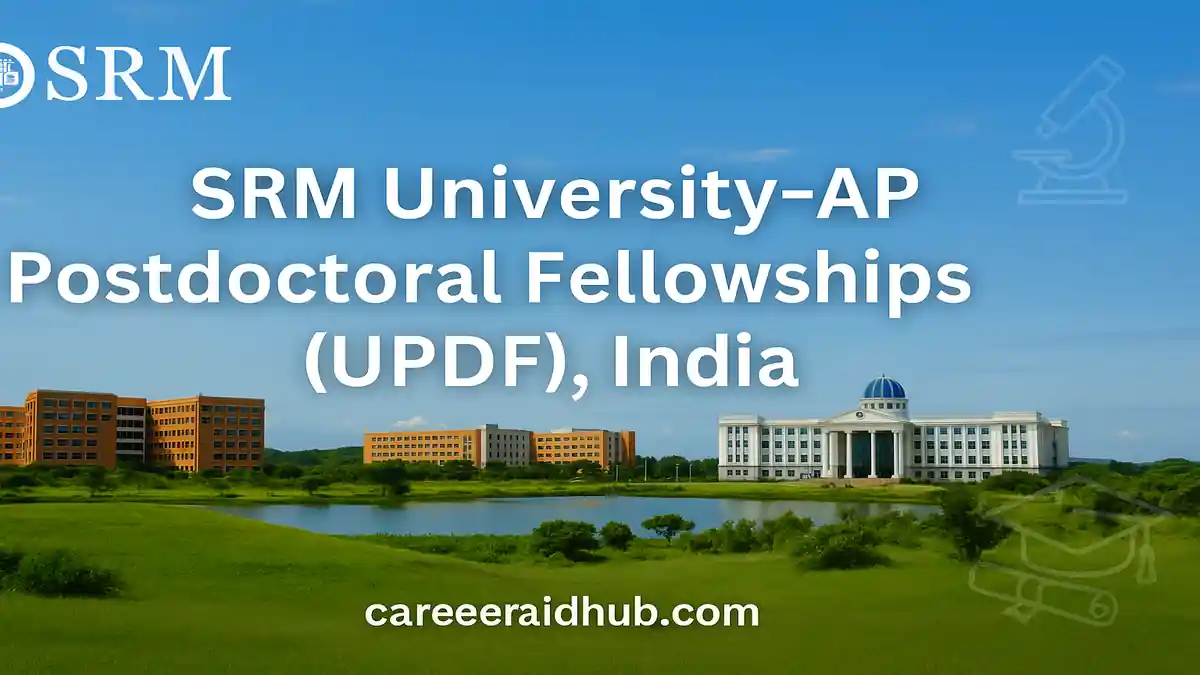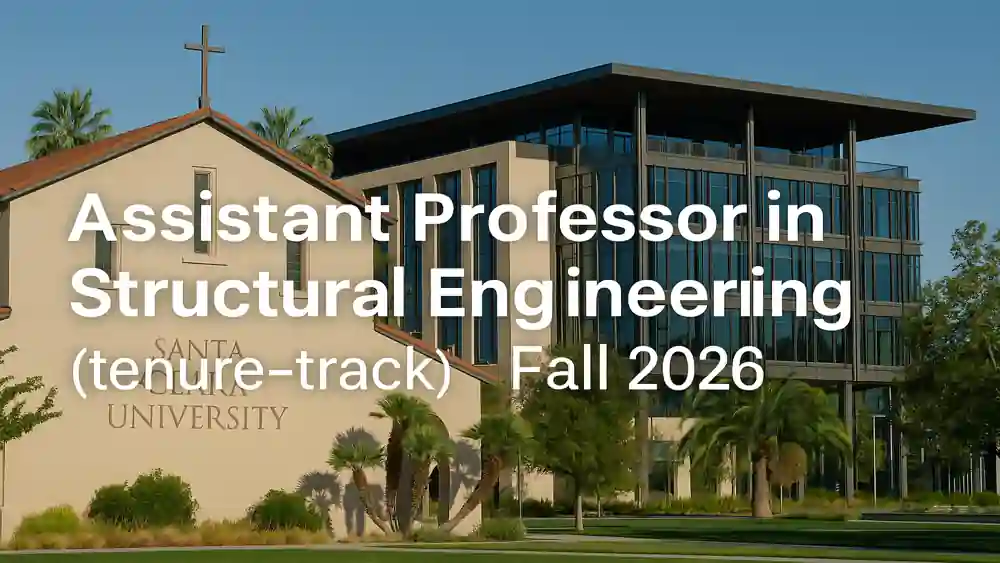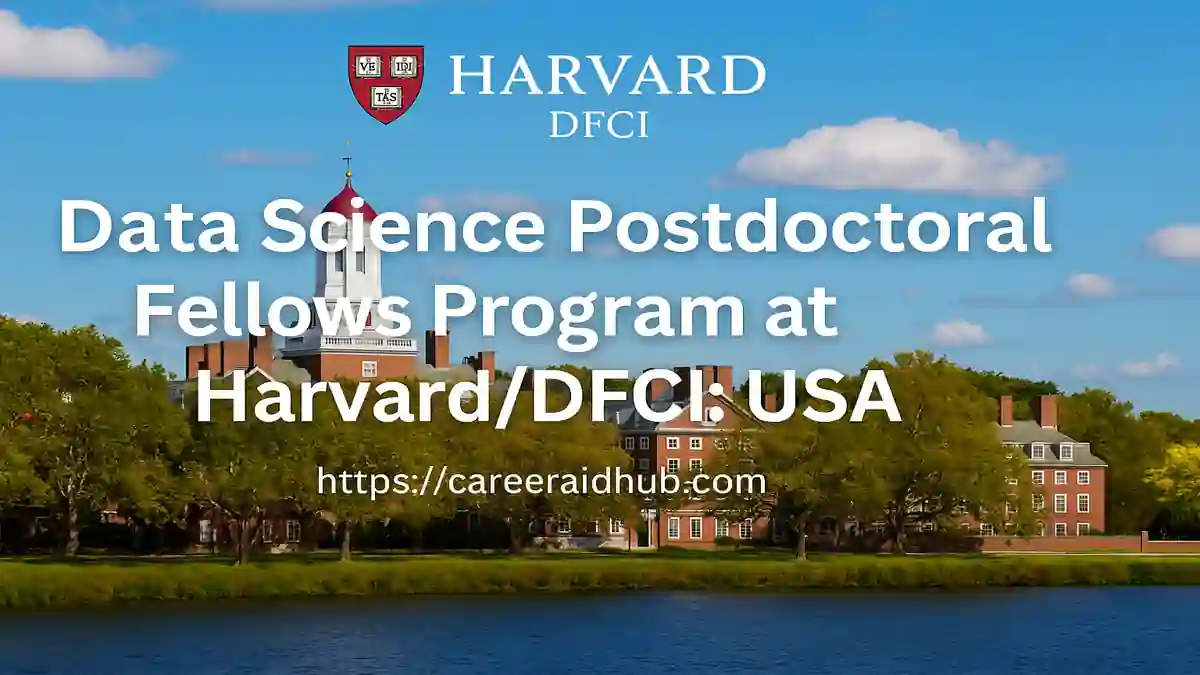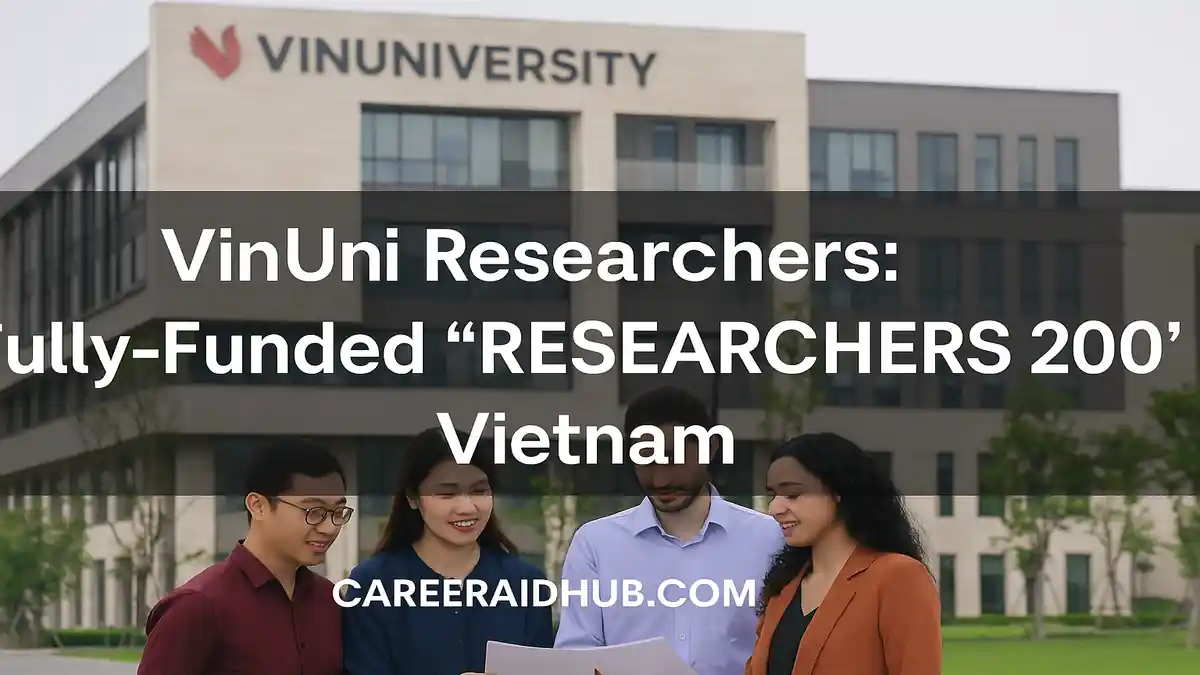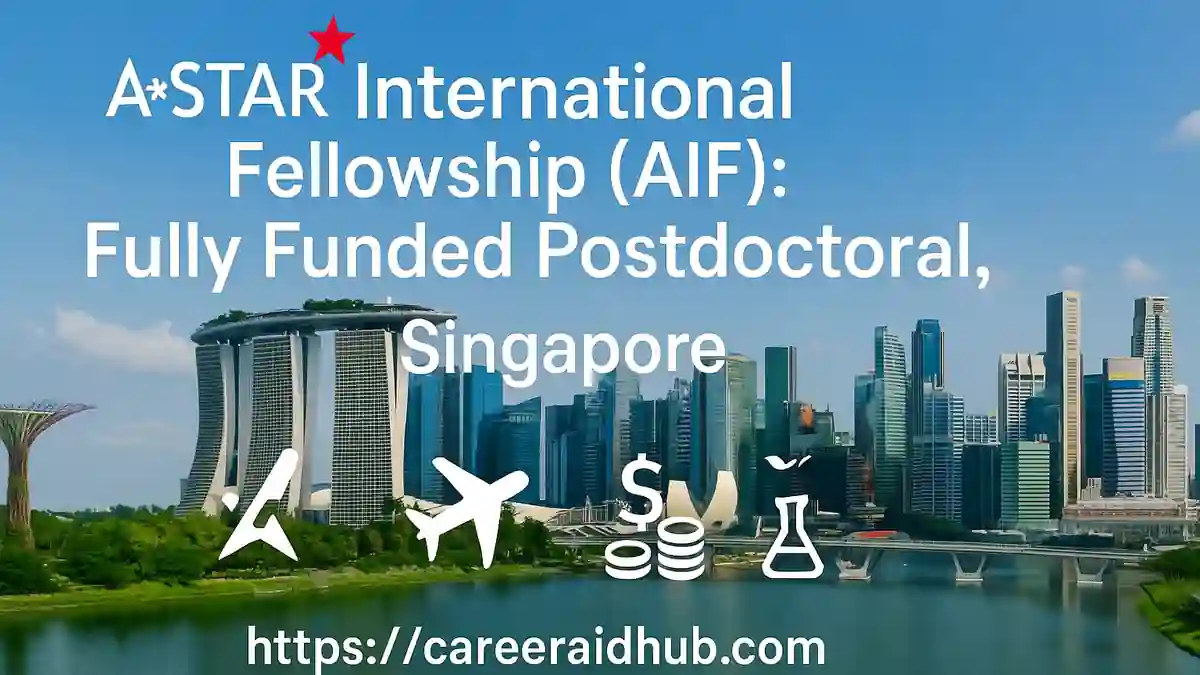VIEST Postdoctoral Fellowship at the University of Pennsylvania: A Complete Guide
Introduction
The Vagelos Institute for Energy Science and Technology (VIEST) at the University of Pennsylvania has established a premier Postdoctoral Fellowship Program to attract, support, and mentor the world’s most promising young researchers. This fellowship is designed to provide not only financial backing but also an environment that fosters innovation, interdisciplinarity, and long-term career success. VIEST’s mission is anchored in advancing clean energy, sustainability, and technology-driven solutions to meet urgent global challenges. Through this program, fellows engage with faculty leaders and peers to develop novel materials, scalable energy systems, and climate mitigation technologies. More than a funding opportunity, the fellowship represents Penn’s broader vision of nurturing next-generation innovators who can bridge the gap between scientific discovery and real-world impact.
The VIEST Postdoctoral Fellowship at the University of Pennsylvania empowers emerging researchers to push boundaries in energy science, sustainability, and materials innovation. With competitive funding, global collaboration, and access to Penn’s cutting-edge ecosystem, fellows gain the resources and mentorship needed to establish themselves as future leaders in academia and industry.
Program Overview
The VIEST Postdoctoral Fellowship
Key Features
-
-
Duration – Typically two years, with extensions considered based on performance and funding availability.
-
Funding – Competitive annual stipend with additional allocations for research-related expenses.
-
Environment – Access to Penn’s state-of-the-art laboratories, research clusters, and innovation hubs.
-
Mentorship – Structured guidance from distinguished faculty across science, engineering, and applied research.
-
Career Development – Support for independent grant writing, networking, and preparation for faculty or industry leadership positions.
-
Eligibility Criteria
Basic Requirements
Applicants must:
-
-
Hold a PhD (or be near completion) in chemistry, physics, engineering, materials science, or related disciplines.
-
Demonstrate a strong publication record in peer-reviewed international journals.
-
Show clear evidence of interdisciplinary thinking and an ability to apply knowledge to pressing societal problems.
-
Not occupy a permanent academic position (e.g., tenured or lecturer roles) at the time of application.
-
Desirable Attributes
In addition to baseline requirements, successful candidates often exhibit:
-
-
Prior experience in collaborative, multi-institutional
projects. -
Advanced technical skills in either experimental methods or computational modeling.
-
A strong commitment to innovation in energy science, renewable technologies, or advanced materials development.
-
Fellowship Funding and Benefits
One of the distinguishing features of the VIEST Postdoctoral Fellowship is its comprehensive funding and institutional support.
Financial Support
-
-
Stipend – Fellows receive a nationally competitive salary, aligned with benchmarks for postdoctoral researchers in the United States.
-
Research Funds – Allocations cover equipment purchases, specialized materials, laboratory needs, and travel to conferences or workshops.
-
Additional Resources – Certain fellows may also receive targeted funding for international collaborations or multi-institutional projects.
-
Career Development Opportunities
-
-
Professional Training – Workshops in scientific communication, grant writing, and academic job preparation.
-
Symposia Participation – Fellows present research at VIEST-hosted events and international conferences.
-
Mentorship Networks – Structured mentorship that pairs fellows with both senior faculty and interdisciplinary peers.
-
Industry Exposure – Opportunities to engage with Penn’s start-up incubators and external industry partners.
-
Institutional Advantages
-
-
Access to interdisciplinary centers like Penn Engineering, the Department
of Physics and Astronomy, and the School of Arts and Sciences. -
Cross-disciplinary collaborations with medical and environmental science faculty.
-
Integration into Penn’s global research initiatives focused on climate change and sustainable energy transitions.
-
Application Process
Applying to the VIEST Fellowship is a competitive and rigorous process designed to select candidates with both intellectual vision and strong research potential.
Step 1 – Identify a Faculty Sponsor
Applicants must secure a VIEST-affiliated faculty member as their mentor. Alignment between the proposed research project and the mentor’s expertise is critical.
Step 2 – Prepare Application Materials
A typical application includes:
-
-
Research Proposal (2–3 pages) outlining project goals, significance, and potential impact.
-
Curriculum Vitae (CV) with a comprehensive publication list.
-
Statement of Research Interests and Career Goals detailing alignment with VIEST priorities.
-
Letters of Recommendation – usually three, highlighting the applicant’s research capacity and leadership potential.
-
Step 3 – Submit Application
Applications must be submitted through the official University of Pennsylvania VIEST portal.
Step 4 – Review and Selection
The selection committee evaluates candidates based on:
-
-
Scientific merit and originality of the research
proposal. -
Potential for interdisciplinary collaboration.
-
Alignment with VIEST’s overarching goals in energy science and sustainability.
-
Step 5 – Final Interview
Shortlisted applicants may be invited to present their proposal and engage in interviews with faculty.
Research Focus Areas
The VIEST Fellowship emphasizes research that addresses urgent energy and sustainability challenges.
Renewable Energy Materials
-
-
Development of high-efficiency solar cells, advanced photocatalysts, and nanostructured materials for energy capture.
-
Energy Storage Systems
-
-
Breakthrough research in batteries, supercapacitors, and hydrogen fuel technologies.
-
Carbon Capture and Utilization
-
-
Innovative chemical, biological, and materials-based methods to capture and convert carbon emissions.
-
Computational and Theoretical Modeling
-
-
Use of advanced simulations to predict material behavior and optimize energy systems.
-
Spectroscopy and Imaging
-
-
Deployment of atomic-scale techniques to analyze energy processes and material transformations.
-
Why Choose VIEST?
The VIEST Postdoctoral Fellowship offers unique advantages that set it apart from other programs.
-
-
Prestige – Recognition as a VIEST Fellow strengthens career trajectories in academia, industry, and policy.
-
Mentorship – Fellows gain access to Penn’s distinguished faculty across multiple disciplines.
-
Innovation Ecosystem – Collaborations with Penn-affiliated start-ups and research consortia foster real-world application of research.
-
Impact – Projects directly advance solutions to climate change and sustainable energy adoption.
-
Success Stories
Graduates of the VIEST Fellowship have gone on to:
-
-
Secure tenure-track positions at leading U.S. and international universities.
-
Lead R&D divisions in global technology firms.
-
Win competitive grants such as the NSF CAREER Award and DOE Early Career Research Program.
-
Notable research outcomes include innovations in solar photovoltaic technologies, sustainable catalysis, and quantum materials, demonstrating the fellowship’s tangible contributions to the global energy landscape.
Key Program Facts
| Feature | Details |
|---|---|
| Program Name | VIEST Postdoctoral Fellowship |
| Host Country | United States |
| Funded By | Vagelos Institute for Energy Science and Technology, University of Pennsylvania |
| Duration | 2 years (extensions possible) |
| Study Mode | Full-time, on-campus |
| Eligibility | PhD or near-completion in relevant fields; no permanent academic post |
| Financial Support | Competitive stipend, research funds, conference travel support |
| Fields of Study | Chemistry, physics, engineering, materials science, energy technologies |
| Deadline | October 13, 2025. |
| Official Website | VIEST Fellowship Page |
Conclusion
The VIEST Postdoctoral Fellowship at the University of Pennsylvania is one of the most prestigious opportunities for early-career researchers in the energy and materials sciences. Combining generous funding with global visibility, this program provides an unmatched platform to tackle urgent challenges in sustainability, technology, and clean energy. Fellows leave the program equipped not just with research achievements but also with the leadership skills to shape the future of science and society.
FAQs: VIEST Postdoctoral Fellowship
The VIEST Postdoctoral Fellowship supports early-career researchers with funding, mentorship, and access to advanced resources in energy science and technology.
Applicants must hold or be near completing a PhD in chemistry, physics, materials science, engineering, or related fields with a strong research background.
Yes, international candidates are welcome to apply and are encouraged to collaborate with a VIEST-affiliated faculty sponsor.
The fellowship typically runs for two years, with possible extensions based on performance and funding availability.
Research focuses on renewable energy, advanced materials, carbon capture, sustainable technologies, and computational modeling for clean energy solutions.
Fellows receive a competitive stipend, research support for projects, and travel funds for conferences and collaborations.
Applicants must prepare a research proposal, CV, letters of recommendation, and align with a faculty sponsor before applying through the official portal.
Graduates often secure tenure-track faculty roles, industry R&D positions, or leadership roles in sustainability and technology-driven research organizations.
Yes, fellows receive mentorship in grant writing, conference presentations, networking, and preparation for academic or industry careers.
Applications are accepted annually, and deadlines vary by cycle. The next cycle will open soon; updated timelines will be provided on the official website.
Premium Mentorship for a Stronger Application
- Premium Mentorship: personalised 1:1 guidance for this and similar opportunities
- In-depth review of your CV, academic profile, and key statements
- Aligned with international selection criteria so your profile matches what panels expect
- Stronger, more compelling narrative for highly competitive calls
- Step-by-step support from opportunity mapping to final submission (fee-based)


